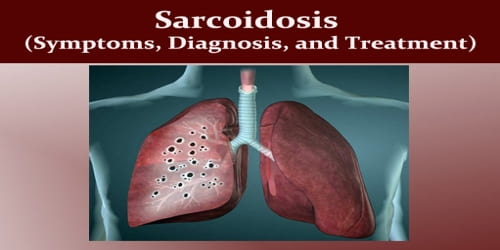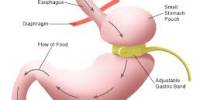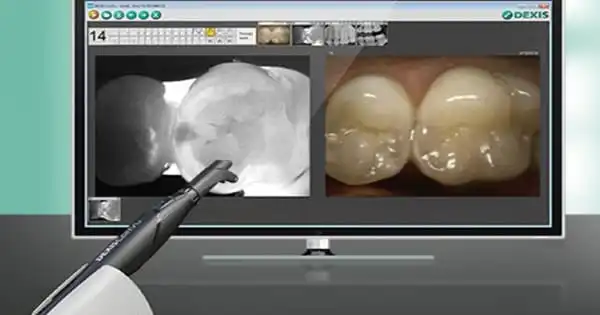Anosmia
Definition
Anosmia is loss of the sense of smell. It is also called olfactory anesthesia. It may be a temporary issue, but some forms such as from an accident, can be permanent. Anosmia is due to a number of factors, including an inflammation of the nasal mucosa, blockage of nasal passages or a destruction of one temporal lobe. Inflammation is due to chronic mucosa changes in the paranasal sinus lining and the middle and superior turbinates.
A person’s sense of smell is driven by certain processes. First, a molecule released from a substance must stimulate special nerve cells found high up in the nose. These nerve cells then send information to the brain, where the specific smell is identified. Anything that interferes with these processes, such as nasal congestion, nasal blockage, or damage to the nerve cells themselves, can lead to loss of smell.

Many people lose their sense of smell for a short time, often due to a cold, but for a smaller number of people the problem can be long-term. It can be caused by chronic meningitis and neurosyphilis that would increase intracranial pressure over a long period of time, and in some cases by ciliopathy including ciliopathy due to primary ciliary dyskinesia.
A related term, hyposmia, refers to a decreased ability to smell, while hyperosmia refers to an increased ability to smell. Some people may be anosmic for one particular odor. This is known as “specific anosmia”. The absence of the sense of smell from birth is called congenital anosmia.
Causes, Sign and Symptoms of Anosmia
Nasal congestion from a cold, allergy, sinus infection, or poor air quality is the most common cause of anosmia. Other anosmia causes include:
- Nasal polyps – small noncancerous growths in the nose and sinuses that block the nasal passage.
- Injury to the nose and smell nerves from surgery or head trauma.
- Exposure to toxic chemicals, such as pesticides or solvents.
- Certain medications, including antibiotics, antidepressants, anti-inflammatory medication, heart medications, and others.
- Cocaine abuse.
- Old age. Like vision and hearing, your sense of smell can become weaker as you age. In fact, one’s sense of smell is most keen between the ages of 30 and 60 and begins to decline after age 60.
- Certain medical conditions, such as Alzheimer’s disease, Parkinson’s disease, multiple sclerosis, nutritional deficiencies, congenital conditions, and hormonal disturbances.
- Radiation treatment of head and neck cancers.
There are a range of medical causes which can lead to problems with the sense of smell including liver failure, underactive thyroid gland and diabetes. These can be screened for with blood tests. Epilepsy and toxic rhinitis also have associations with olfactory disturbances as do a number of medications take for other conditions.
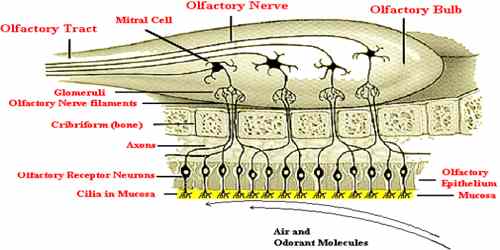
The obvious sign of anosmia is a loss of smell. Some people with anosmia notice a change in the way things smell. Patients with sudden onset anosmia may find food less appetizing, though congenital anosmics rarely complain about this, and none report a loss in weight. Loss of smell can also be dangerous because it hinders the detection of gas leaks, fire, and spoiled food. The common view of anosmia as trivial can make it more difficult for a patient to receive the same types of medical aid as someone who has lost other senses, such as hearing or sight. Losing an established and sentimental smell memory has been known to cause feelings of depression.
Diagnosis and Treatment of Anosmia
A doctor will diagnose anosmia based on the person’s inability to smell and their medical history.The inside of the nose may be examined with a special instrument to look for polyps, growths or signs of infection.
A referral to an ear, nose and throat specialist (ENT or otolaryngologist) may be recommended.Further investigations may be needed, including scans.
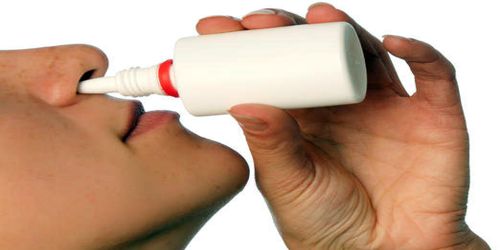
If nasal congestion from a cold or allergy is the cause of anosmia, treatment is usually not needed, and the problem will get better on its own. Short-term use of over-the-counter decongestants may open up your nasal passages so that you can breathe easier.
If a polyp or growth is present, surgery may be needed to remove the obstruction and regain patient’s sense of smell.
There have also been cases where the uses of acupuncture have successfully treated anosmia. Although very early in development, gene therapy has restored a sense of smell in mice with congenital anosmia when caused by ciliopathy. In this case a genetic condition had affected cilia in their bodies which normally enabled them to detect air-borne chemicals, and an adenovirus was used to implant a working version of the IFT88 gene into defective cells in the nose, which restored the cilia and allowed a sense of smell.
Reference:

